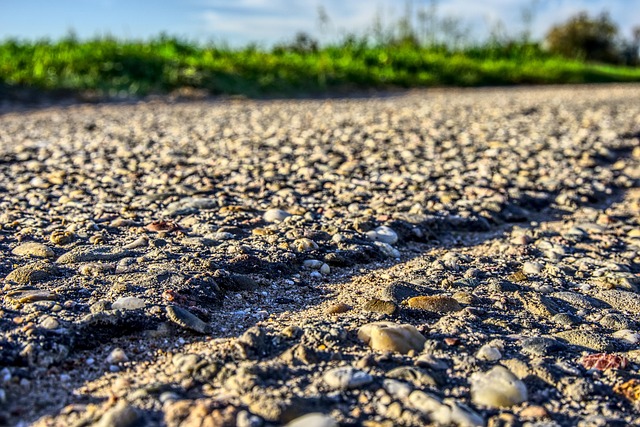The world we live in is constantly evolving, and one of the most pressing changes we face today is the impact of climate change on our environment. As extreme weather becomes a new normal, it forces us to confront the stark realities of our changing planet. Each torrential downpour, searing heatwave, and devastating storm serves as a reminder that the environment is no longer as predictable as it once was.
It’s not just about the numbers or scientific data; it’s about the emotional weight we carry as we witness these transformations. Communities that once thrived are now struggling, as extreme weather events disrupt their daily lives. Flooding obliterates homes, wildfires turn lush landscapes into charred remnants, and hurricanes batter coastlines, leaving devastation in their wake. This is the change we are experiencing, and it affects every one of us.
Climate change doesn’t just influence the natural world; it reshapes the way we interact with our environment. Shifts in weather patterns can affect agriculture, impacting food security and daily life. Farmers are often caught in a cycle of uncertainty, battling unpredictable rainfall and shifting seasons. The change is palpable, driving not only environmental but also economic changes that ripple throughout our communities.
Moreover, the emotional toll of living under the constant threat of extreme weather can be exhausting. It fosters anxiety and a sense of urgency that pushes individuals and communities to rethink their relationship with nature. The fight against climate change has become a collective endeavor, with movements gaining momentum all over the globe. People are coming together to advocate for policy changes, conservation efforts, and sustainable practices that honor the delicate balance of our ecosystem.
As we adapt to this new normal, it’s crucial to recognize that change is not inherently negative; it can also be a catalyst for innovation and resilience. Embracing renewable energy sources, investing in sustainable infrastructure, and promoting awareness about environmental responsibility are steps towards mitigating the adverse effects of climate change. The challenge lies in our ability to remain hopeful and proactive, even when faced with the harshest realities of extreme weather.
By educating ourselves and our communities about the changes taking place, we can foster a greater understanding of our environmental responsibilities. Awareness can lead to action, sparking conversations that can ultimately guide policy decisions aimed at creating a sustainable future. With each small change in our habits, whether it’s recycling, conserving energy, or choosing sustainable products, we contribute to a larger movement aimed at restoring the health of our planet.
In this era of climate change, we have the power to champion positive change. By working together and supporting initiatives that prioritize environmental well-being, we can forge a path toward a future that respects our natural world. The challenges posed by extreme weather will not disappear overnight, but our collective response can shape the narrative of how our planet adapts and survives. Every action counts, and together we can drive impactful change that will resonate for generations to come.




